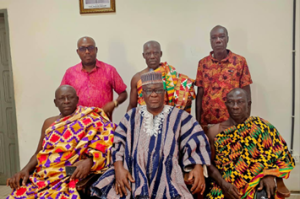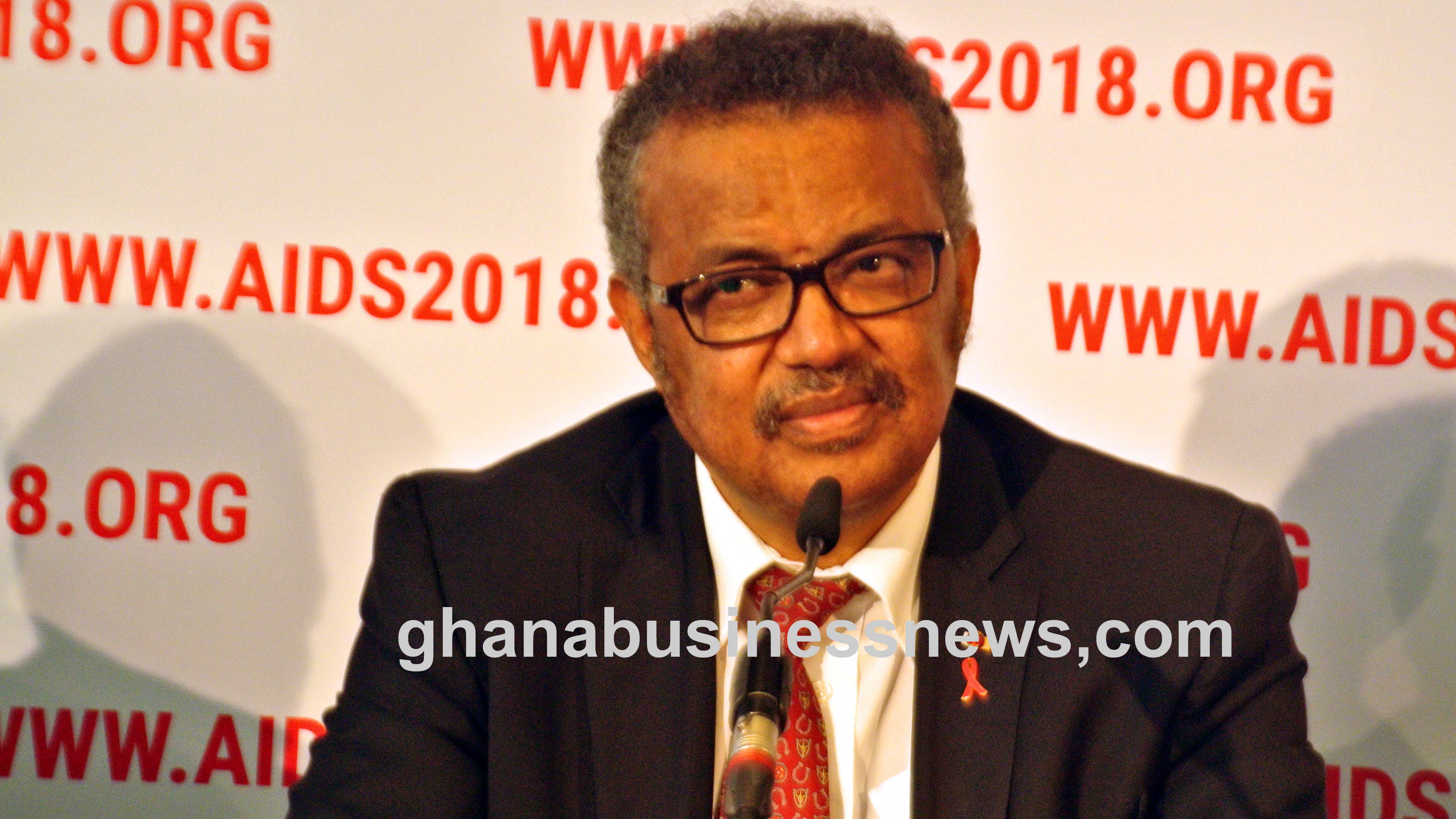
The government has signed a Memorandum of Understanding with global medicines company, Novartis to create a new public-private partnership designed to improve the diagnoses and accelerate treatment for people with sickle cell disease (SCD).
The MoU makes Ghana the first African country to commit to offering global standard of care for people with sickle cell disease.
Kwaku Agyeman-Manu, Minister of Health; Dr Anthony Nsiah-Asare, Director General (DG) of the Ghana Health Service (GHS); and Prof Kwaku Ohene-Frempong, President of the Sickle Cell Foundation of Ghana and Programme Coordinator of the Newborn Screening Programme for Sickle Cell Disease, signed on behalf of their various organisations, while Vas Narasimhan, the CEO of Novartis, signed on behalf of the company.
Vice President Mahamudu Bawumia, who is attending the forum, expressed his appreciation to Novartis for working with the government to improve access to quality health care.
Approximately 80 per cent of individuals with SCD globally are born in sub-Saharan Africa, and more than half of affected individuals die before the age of five due to preventable complications. In Ghana, it is estimated that 15,000 babies are born with sickle cell disease every year.
The GoG-Novartis partnership aims to improve and extend the lives of people with SCD through a comprehensive approach to screening and diagnosis; treatment and disease management; training and education; and elevating basic and clinical research and scientific capabilities.
Specifically, the partners will collaborate on field testing and implementation of SCD treatment guidelines, the establishment of centres of excellence across regions and the implementation of newborn screening at these centres.
Speaking after the announcement of the MoU on the sidelines of the ongoing 2019 edition of the World Economic Forum in Davos, Switzerland, Mr. Agyeman-Manu expressed confidence that the collaboration would help provide improved health care and reduce preventable deaths.
"We are pleased to partner with the Sickle Cell Foundation and Novartis in order to address sickle cell disease in Ghana. We are committed to put SCD among the priorities on our national health agenda and to put the required resources behind it. Together, we can actively contribute to ending preventable deaths of newborns and children under five years of age, as set out in the UN Sustainable Development Goals," he stated.
Dr Anthony Nsiah-Asare, DG of the GHS, expressed his deep appreciation for the collaboration, emphasising that the partnership with Novartis would have many benefits for persons with sickle cell disease, including a reduction in treatment costs and access to cutting edge research materials.
"Sickle cell is an age-old disease that has led to many avoidable deaths over the years. This partnership will help the Ghana Health Service to tackle it head on, and also make its treatment affordable and sustainable."
Dr Nsiah-Asare disclosed that the partnership will help to improve access to high quality treatment for patients in Ghana, with Novartis committed to testing innovative sickle treatments in the country, which would also provide data for further studies.
"Ghana is set to be the gateway to sickle cell disease research in Africa," he declared.
The partnership has already began to yield results, with Dr Nsiah-Asare revealing that Novartis submitted, in 2018, Hydroxyurea, the current general standard of care for severe SCD, for registration for the specific indication of SCD in Ghana.
The Ghana Food and Drugs Authority has since granted marketing authorisation (25th October 2018), making it the first time that hydroxyurea will be available to patients for this indication in Ghana.
"Discussions are underway for inclusion of the medicine and associated laboratory testing in the National Health Insurance Scheme, as well as priortising this as a national programme, with direct distribution through the Ministry of Health," he added.
Hydroxyurea treatment is expected to start reaching hundreds of patients in 2019.
Also commenting, Prof. Kwaku Ohene-Frempong, President of the Sickle Cell Foundation of Ghana, expressed confidence about the positive benefits of the collaboration.
"Our biggest challenge is that we simply don't make the diagnosis early enough. Ghana is one of the few African countries that has a newborn screening programme. But there's not a single country that tests all their children for SCD. As a result, we are losing hundreds of thousands of babies across Africa each year without even a diagnosis of the disease. This collaboration would bring global attention to this disease."
Read Full Story




















Facebook
Twitter
Pinterest
Instagram
Google+
YouTube
LinkedIn
RSS